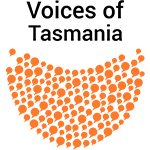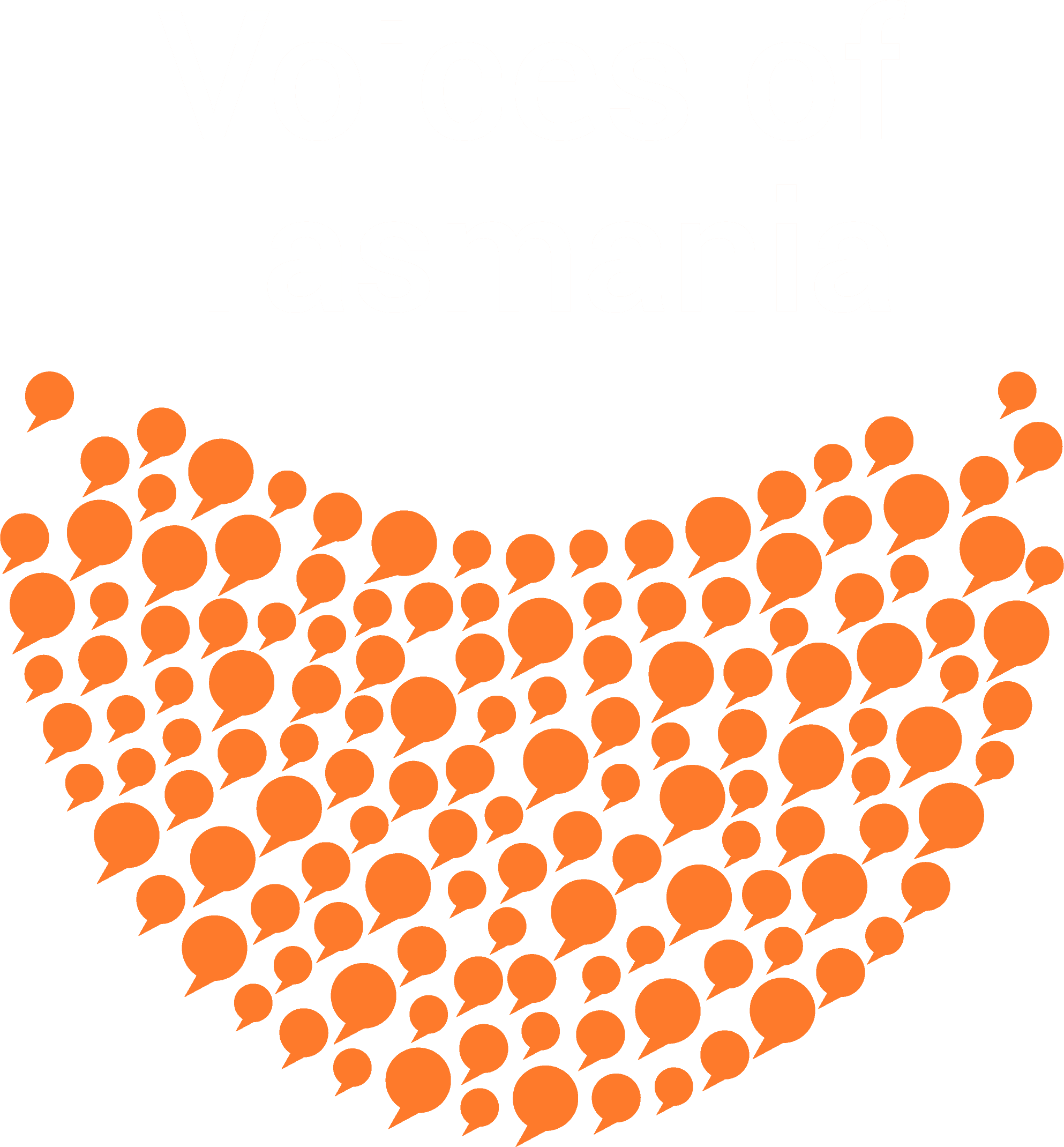VoT is a registered not-for-profit association made up of ordinary people who want the community-independents movement to thrive in Tasmania because we believe it is the best way to achieve much better government. We say the party system has failed to deliver good government and will continue to fail. VoT is not a political party.
We operate under a charter (that includes our values) and a code of conduct. We have a convenor (Michael Roberts) and a committee. People can choose to be members, volunteers and/or subscribers. We have local electorate groups who are growing and connecting with local communities. As an association we have annual general meetings to which all members are invited. They can vote for office bearers and special motions. Our committee (core team) is our executive who manage the week-to-week activities of VoT.
Participatory democracy means the people have more say in what their elected representatives stand for and how they are governed, rather than being ignored by the parties once we have voted. A community independent is not beholden to a party, its bosses, or its donors. They are not affected by branch stacking. Rather, the independent is solely responsible to the people of the electorate.
The five electorates in Tasmania are now forming their own independent Voices groups (as we saw on the mainland). VoT exists to offer guidance and support to the five electorate groups. So VoT is a kind of central knowledge hub and help centre but the electorate groups are free to follow their own path.
VoT will assist the five electorate groups to find individuals who want to be community-independent candidates. VoT’s survey and kitchen-table conversations provides candidates with guidance on what local people are concerned about. It’s important to note that community-minded independents run their own campaigns, and raise their own campaign funds, independent of VoT.
These are small group conversations within neighbourhoods and networks to identify what the community values and wants from government and elected representatives. We provide volunteers with templates and facilitation training on how to run them. A potential candidate’s name might emerge from a KTC or people might be inspired to volunteer once a candidate emerges.
Potential candidates can apply confidentially via the VoT website (official nominations are yet to open) while we wait for the electorate groups to fully form. Potential candidates will then commence a self-assessment process and a qualification process to see how closely they align with our movement’s core values and how equipped they are to effectively campaign, win and represent their electorate. Through reform reference groups VoT will also help candidates to develop policies that they can take to the election.
Yes. They will be true independents because they will have to ultimately decide on their own platform and policies, run their own campaigns and vote in parliament however they see fit.
Donations mainly come from ordinary people who want to see more democracy in our political system – meaning they want the views of ordinary people to be better expressed in our governing institutions. Large corporate donors tend not to fund community independents because, due to the independent’s independence, they would not receive a return on their ‘investment’. Community independents are also highly conscious of the need in Australia for political donations reform. Unlike the major parties, it is common practice for community independents to declare their donations within seven days (effectively real-time disclosure) and refuse to receive donations from industries such as gambling, fossil fuels, property developers and tobacco. They also declare independence from donors in their decision making – i.e., they don’t do deals and they won’t be bought. Integrity and transparency are critical values-based matters for community independents.
No. VoT is in contact with Climate 200 and they have given us advice. Climate 200 only funds independent candidates’ campaigns once they have proven they can raise their own money – and it does not fund more than 25% of any candidate’s campaign. Climate 200 wants to see more democracy in parliaments. They want candidates committed to action on climate change, integrity in politics and greater gender equality. These are common progressive causes. Community independents never receive or take instructions from Climate 200 or any other group.
They are sometimes called ‘teals’ as a form of convenient shorthand. The colour teal was chosen originally by Zali Steggall in 2019 and then some independents chose teal for their branding at the 2022 federal election. The media repeated it over and over and the name has stuck.
No. Teals are local community members who are highly regarded by their community. The original community independents (Cathy McGowan and Helen Haines) came from a rural electorate in Victoria with a few big towns such as Wodonga and Wangaratta – much like most Tasmanian electorates (Braddon has Burnie, Devonport and Wynyard; Franklin has Kingston, Huonville and Bellerive).
No. VoT is not a political party and does not have any policies or platforms. However, it does have a charter and a set of core values; these are based around participatory democracy and good government (see our Charter under About Us). Independent candidates must form their own reform agendas – but to gain support from the movement they would have to align philosophically with the core community-independent values.
Independent politicians need to be appropriately staffed which is a decision for the government. In practice, like-minded independents will sometimes collaborate to share knowledge and ideas rather than each reinvent the wheel. However, in no sense does this collaboration mean independents form a de-facto party. Any efficiency the large parties bring to politics and legislation through their party machine is undermined by the party’s demand for conformity on voting and the ideological wars inside the party. Indeed, the elected politicians are disenfranchised by the need to parrot the party line. This party line always puts the party first and local communities second.Independent politicians need to be appropriately staffed which is a decision for the government. In practice, like-minded independents will sometimes collaborate to share knowledge and ideas rather than each reinvent the wheel. However, in no sense does this collaboration mean independents form a de-facto party. Any efficiency the large parties bring to politics and legislation through their party machine is undermined by the party’s demand for conformity on voting and the ideological wars inside the party. Indeed, the elected politicians are disenfranchised by the need to parrot the party line. This party line always puts the party first and local communities second.
VoT does not have a formal relationship with the Community Independents Project but we draw on the experience and skills of that national organisation. Its leadership has been pivotal in the creation of the whole movement.
Easily! It’s fun and energising to be a part of this movement. In fact we say if you’re not having fun, stop and get in touch with your coordinator – we are committed to your participation being fulfilling and enjoyable. Please visit the VoT website and first complete our survey. Then go to our get involved page that allows you to nominate what you want to do and how much time you want to allocate to it. One of our wonderful volunteers will then be in touch with you. We welcome everyone regardless of experience and we only expect you to do what you are comfortable with. But be prepared to get inspired and make some new friends – possibly for life.

